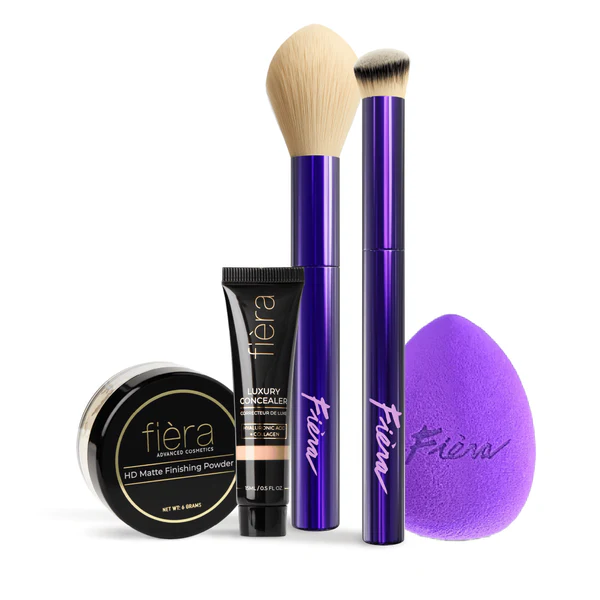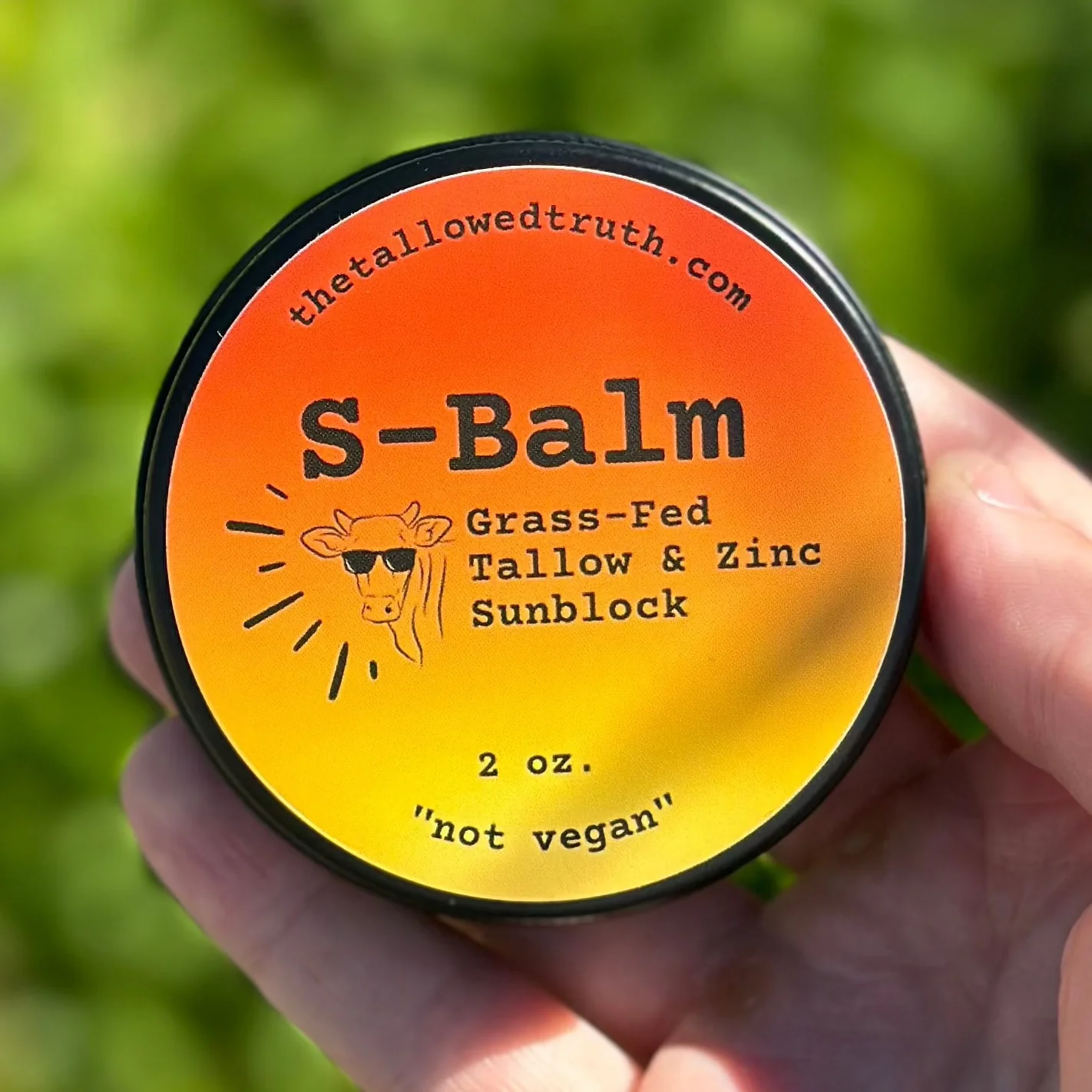Home
Beauty
Direct-to-consumer (D2C) beauty and makeup brands have revolutionized the cosmetics industry by offering innovative products and personalized shopping experiences. These brands prioritize quality, inclusivity, and sustainability. For example, one prominent D2C brand specializes in clean beauty, providing makeup and skincare products with natural and non-toxic ingredients, appealing to health-conscious consumers. Another brand stands out for its wide range of shades, catering to diverse skin tones and celebrating inclusivity. Additionally, some D2C companies prioritize sustainability by using eco-friendly packaging and promoting ethical practices in their supply chain.
D2C beauty and makeup brands are important because they cut out traditional retail intermediaries, allowing them to offer premium products at competitive prices. They also focus on product quality, inclusivity, and sustainability, aligning with the values and preferences of today's beauty-conscious consumers. With their unique features and tailored approaches, D2C brands have transformed the beauty industry, making it more accessible and sustainable for consumers.

Beekman 1802 combines the power of goat milk with clean skincare science to create gentle, effective products for sensitive skin. Known for their Bloom Cream moisturizer and goat milk-based serums, Beekman 1802's range focuses on balancing the skin microbiome while promoting better aging and hydration. Their commitment to kindness extends beyond skincare, with cruelty-free practices, eco-friendly initiatives, and community-driven efforts.

Fièra Cosmetics develops premium beauty and skincare solutions designed for women over 40, addressing unique skin needs with formulas that smooth fine lines, enhance radiance, and provide lasting coverage. Their product range includes concealers, serums, and finishing powders—all created to boost confidence and celebrate timeless beauty.

The Tallowed Truth revives age-old skincare wisdom with modern tallow-based formulations, blending Canadian grass-fed tallow with simple, edible ingredients like honey, beeswax, and olive oil to deliver deeply nourishing, skin-compatible moisturization. Their products—including anti-aging balm, body butters, and sun care—are crafted for transparent, performance-driven skincare rooted in ethical sourcing and clean, minimalist design.

Michael Todd Beauty offers innovative beauty tools and products designed to deliver professional-grade results at home. Their award-winning devices like the Sonicsmooth utilize sonic technology to deeply cleanse and exfoliate the skin, while their serums and treatments are formulated with high-quality, clean ingredients.

iRestore offers FDA-cleared, non-invasive devices designed to reverse hair loss and promote natural hair regrowth. Their laser hair growth systems use clinically proven technology, showing visible results within 3-6 months. Backed by a 12-month guarantee and trusted by over 500,000 customers, iRestore provides drug-free solutions for men and women struggling with thinning hair and hair loss.

Truly Beauty is a clean beauty brand that combines vegan ingredients with high-end actives to deliver real results. They offer a range of skincare, body care, and hair care products. These products are designed to nourish your skin and enhance your natural beauty. Truly Beauty focuses on creating products that look and smell great while being effective. All their products are cruelty-free and made with clean, high-quality ingredients.

Tiege Hanley delivers uncomplicated, clinically formulated skincare kits for men through flexible monthly subscriptions, removing guesswork from routines. Each box includes essential products—such as face wash, moisturizers with SPF, and targeted treatments—designed for ease of use, visible results, and fragrance-free formulations suited to all skin types. With science-based routines, transparent pricing, and responsive customer support, Tiege Hanley empowers men to look and feel their best without the fuss

Grace & Stella is a self-care beauty brand known for its fun, effective, and cruelty-free skincare products designed to make pampering easy and affordable. From under-eye masks to hydrating mists, each product is crafted to deliver spa-like results at home while promoting feel-good routines.
Creating a successful Direct-to-Consumer (DTC) beauty brand in today's competitive market requires a blend of strategic product development, savvy marketing, and an exceptional customer experience. Here are key factors that contribute to making a winning DTC beauty brand:
A winning DTC beauty brand clearly communicates its Unique Value Proposition—what sets it apart from competitors. This could be a focus on sustainability, a commitment to using all-natural ingredients, or innovative product formulations. The UVP should resonate with the brand's target audience and be reflected in every aspect of the business.
The core of any beauty brand is its products. Successful DTC beauty brands invest in research and development to create high-quality products that deliver on their promises. This includes efficacy, safety, packaging, and the overall user experience. Products should cater to the specific needs and preferences of the target demographic.
A compelling brand identity and storytelling are crucial. This involves a consistent and appealing aesthetic across all platforms, engaging content that tells the brand's story, and a tone of voice that connects with the target audience. Storytelling helps to build an emotional connection with customers, making them more likely to remember and choose your brand over others.
A winning DTC brand maximizes its online presence through a user-friendly website, strategic use of social media, and engaging digital marketing strategies. This includes SEO-optimized content, influencer partnerships, and targeted ads. The online experience should be seamless, from discovery to checkout, with mobile optimization being a key consideration.
Personalization enhances the customer experience by making shoppers feel valued and understood. This can include personalized product recommendations, customized packaging, or tailored beauty regimens. Advanced data analytics can help in understanding customer preferences and behavior, allowing brands to tailor their offerings accordingly.
Building a community around the brand can foster loyalty and advocacy. This can be achieved through social media engagement, loyalty programs, and by creating spaces for customers to share their experiences and connect with each other, such as online forums or beauty events.
Sustainability and ethical practices are increasingly important to consumers. A winning DTC beauty brand incorporates these into its business model, from sourcing ingredients and manufacturing processes to packaging and distribution. Transparency about these practices can further build trust and loyalty among consumers.
Efficiency in operations and having a responsive supply chain are essential for meeting customer demand and expectations. This includes effective inventory management, fast and reliable shipping, and the ability to quickly adapt to market changes or supply chain disruptions.